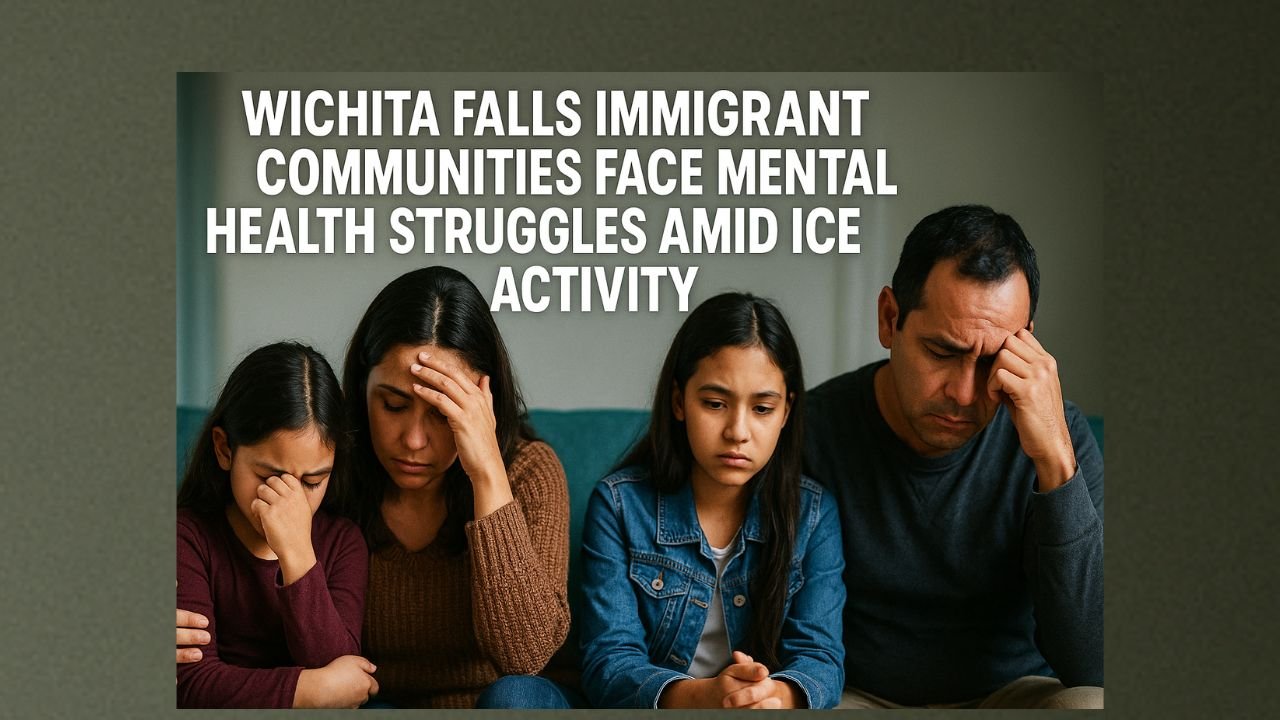Immigrant communities in Wichita Falls are currently experiencing heightened distress due to increased Immigration and Customs Enforcement (ICE) operations in the area.
These raids, often sudden and forceful, have contributed to a growing atmosphere of fear, anxiety, and instability among local residents.
Mental Health Toll: Survival Mode and Emotional Disconnect
According to Neftaly Aranda, a licensed master social worker with Selah Trauma Counseling Center, the psychological impact of these raids is substantial.
Aranda explains that many individuals are slipping into “survival mode,” a condition marked by emotional shutdown and social withdrawal.
“This situation is absolutely triggering a trauma response,” said Aranda. “Trauma is a deep, painful emotional experience that can cause people to disconnect from themselves.
That disconnection often leads to isolation and emotional numbness.”
Emotional and Behavioral Symptoms in Immigrant Families
Aranda noted that both adults and children in immigrant families are displaying serious mental health symptoms as a result of ongoing immigration enforcement.
The unpredictability and threat of deportation have left many feeling helpless and overwhelmed.
“Right now, many people are dealing with hopelessness, despair, and fear,” she said. “Stress symptoms can vary — some people feel emotionally numb, disconnected, and fatigued, while others may be on edge, irritable, or in a constant state of alert.”
Mental Health Resources Are Available
Despite these challenges, resources do exist to support immigrant families during this difficult time. Aranda highlighted organizations like the National Alliance on Mental Illness (NAMI), which provides mental health advocacy and support with a focus on immigration justice.
The emotional strain caused by ICE raids in Wichita Falls is leaving a deep mark on immigrant communities, especially in terms of mental health and emotional wellbeing.
With trauma symptoms ranging from detachment to hypervigilance, social workers urge affected individuals to seek support through community-based services and organizations like NAMI.




